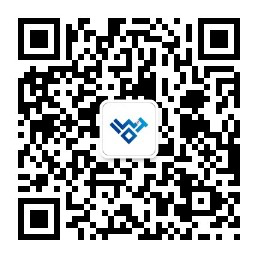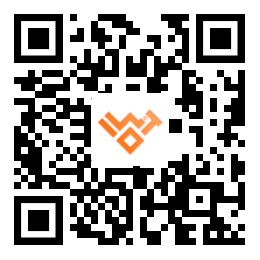Wuxi leads the way in IoT security construction
China has become the fastest growing country in the internet of things (IoT). According to the IDC (Internet Data Center), global IoT spending will reach $1.2 trillion by 2022. China's IoT spending at $300 billion will account for a quarter of that as China emerges as the world's largest IoT market.
"Internet security is worth our attention since various kinds of equipment are linked together," said Ni Guangnan, an academician of the Chinese Academy of Engineering.
IoT security is important in two sectors -- devices and networks. The device security risk mainly refers to the physical destruction or logical attacks on terminal devices such as sensors and RFID tags. Network security risks arise when networks are attacked by denial of service or unauthorized access, causing data loss or tampering.
Ni considers maintenance of control as the necessary condition for achieving both equipment and network security and also the solution to China's IoT risk.
"Take a self-driving car for example. When its brakes, throttles, sensors and other parts of the equipment are hacked, we lose control."
As the birthplace of China's IoT industry, Wuxi pays great attention to data security and cooperated with 360 Enterprise Security Group in July to build a national demonstration city for internet security.
Ni also believes that the country should pay attention to talent cultivation and promote the information security industry to attract more talents to this field.
To attract those talents, the city government upgraded its "Taihu Talent Plan" to support high-end talents focusing on the IoT industry.
Wuxi in Jiangsu province is the only national sensor network innovation demonstration area in China. The city has gathered more than 2,000 IoT enterprises, valued at 200 billion yuan, active in intelligent manufacturing, security, environmental protection, agriculture, water conservancy, medical care and tourism.
According to Wuxi's acting mayor Huang Qin, the city has accelerated the promotion of core intellectual property rights to international and national standards. The city also takes IoT as a new "significant infrastructure" for construction of an urban security ecosystem.
Wuxi has been the birthplace of 10 international IoT standards and 25 industrial standards since 2009.
Chinese internet conglomerate Tencent established a research and development laboratory in Wuxi last September, aiming to fuse Intel Core technology with the Tencent User Security Infrastructure (TUSI) standard to develop a secure IoT blockchain system.



